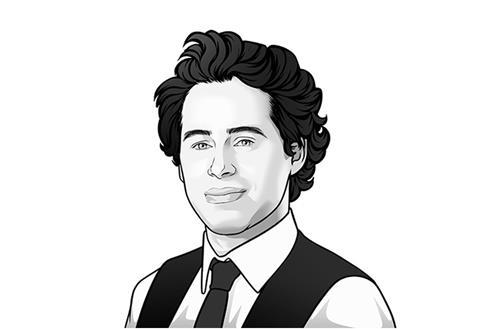AMI’s Policy Team sits down with Thomas Thompson for a short interview about the experience of doing a post-doc in microbiology.
Tell us a bit about you and your background
I earned a 1st Class Hons MPharm degree from Queen’s University Belfast’s School of Pharmacy in 2015. My fascination with natural products as potential sources of undiscovered antibiotics led me to pursue a PhD within the Biofilm Research Group at the same institution.
What made you decide to do a post-doc?
After my PhD, I was presented with the opportunity to work in a state-of-the-art well-equipped lab, with a supportive team of PhD students and academics, on the biomedical potential of cold atmospheric plasma for infection control. I was not overly experienced using cold plasma, but the skills and techniques I had learnt during my PhD were so applicable that, the decision was clear. I was very excited to get involved in what has been a fantastic project.

Tell us about your experience so far:
How has it met your expectations?
My experience at Queen’s has been enriching and supportive. The guidance from mentors, especially Professor Brendan Gilmore, and the opportunity we are giving with the Postdoctoral Centre at Queen’s have been instrumental in my growth as a researcher.
What has been the most enjoyable part of your experience so far?
The collaborations are a huge highlight for me– we work with some great people across the world. Engaging with experts from fields as varied as geology to plasma physics has not only broadened my perspective but also added to the depth of my research.
Have you experienced any setbacks / identified any areas within the post-doc process that could be improved?
Research isn’t always a smooth sail. There have been challenges, but they’ve often paved the way for new insights. A more interdisciplinary approach, I believe, could spark even more innovative ideas.
What piece of advice would you give to anyone looking at undertaking a post-doc in future?
Embrace the learning curve; no-one expects you to know it all from the get-go. Proactively publishing papers and presenting at conferences not only builds your expertise but also expands your network, which I have found to be a crucial asset in this game.
What are your plans after you finish?
My sights are set on academia. I’ll continue to publish, teach, and broaden my skill set, all with the aim of contributing meaningfully to the academic community.
Anything else to add?
Make sure you have a hobby! Outside the lab, I have an interest in fencing sabre at Queen’s. It’s a great way to switch off from the lab and offers a different kind of challenge.








No comments yet